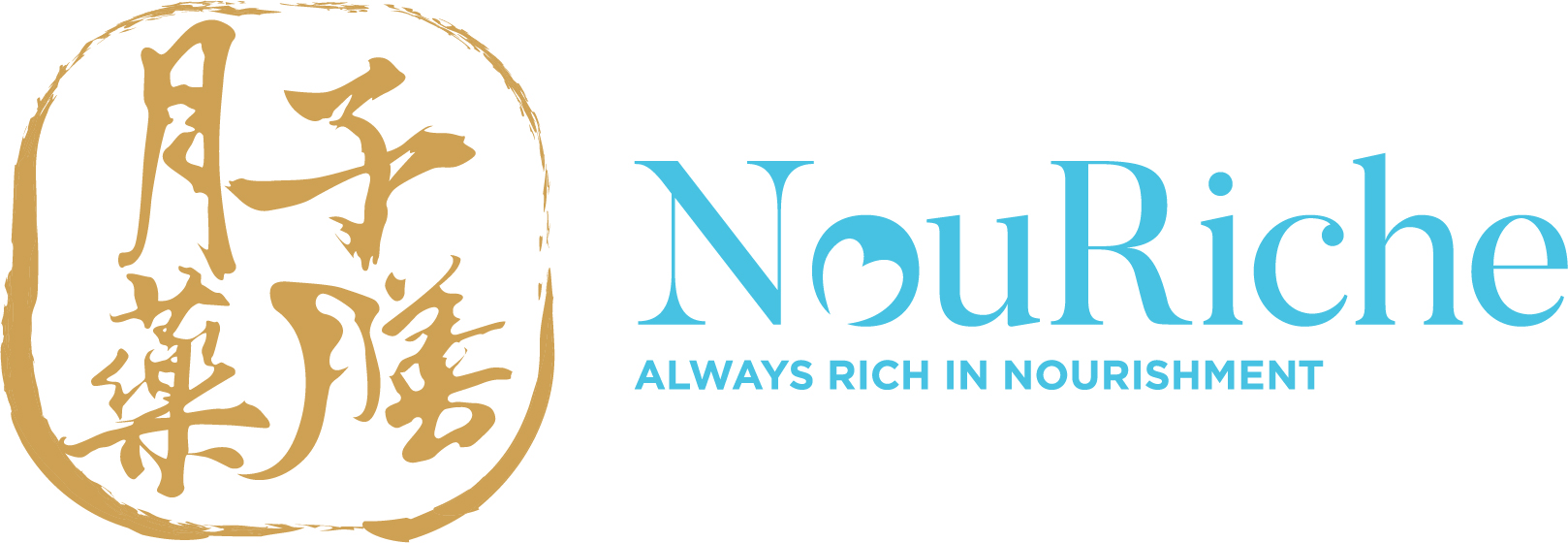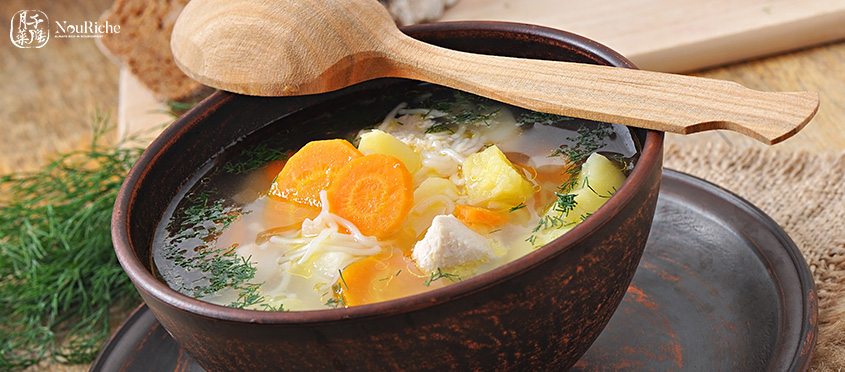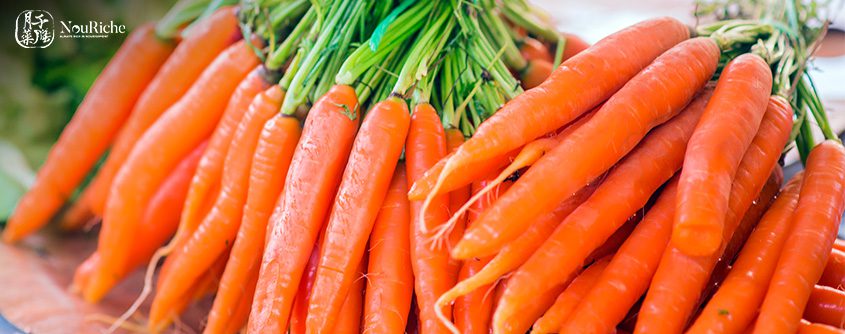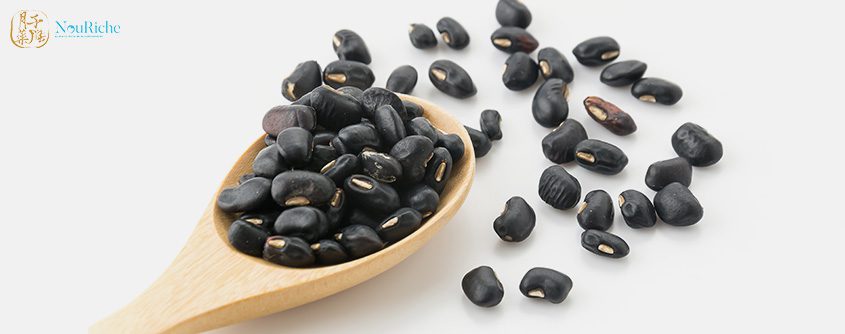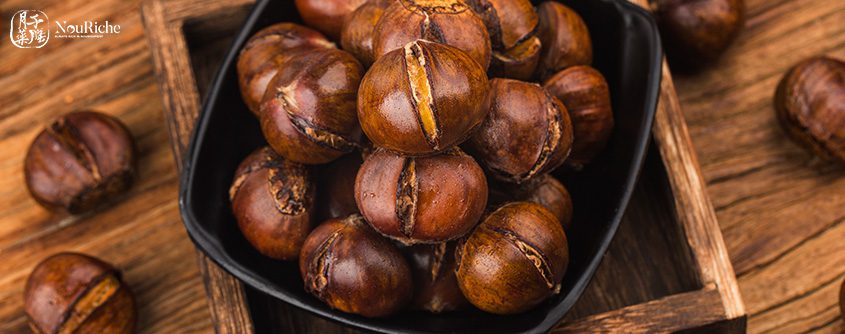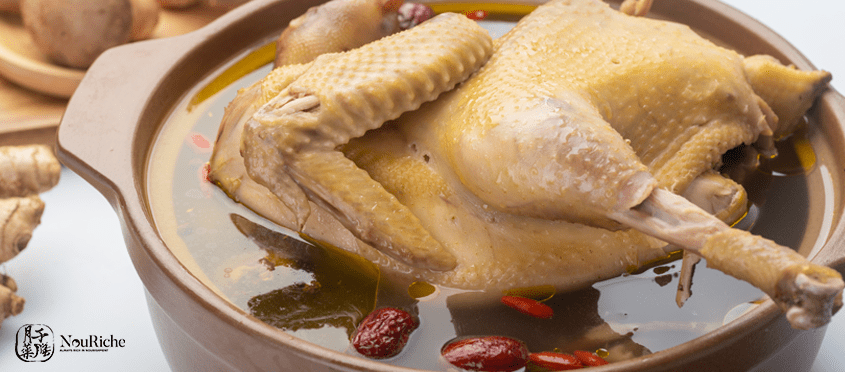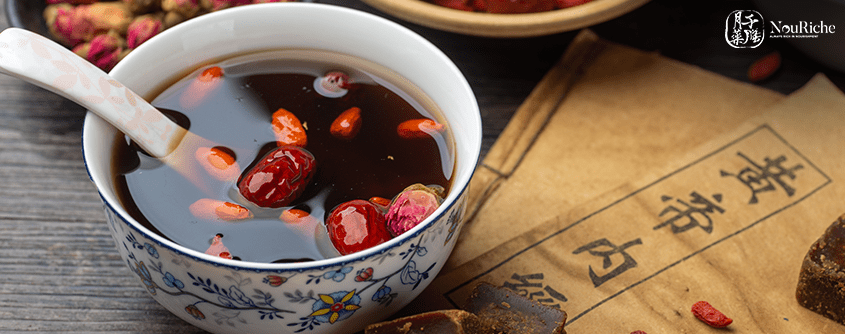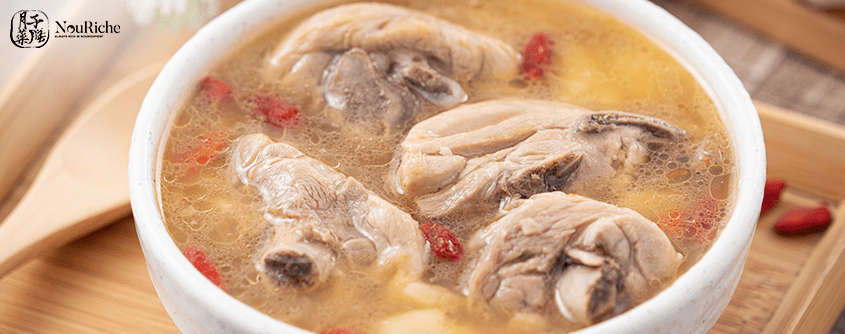You are tired and fatigue surrounds you. You want something to alleviate your pain after giving birth. This is where postpartum massage comes in.
What exactly is a postnatal massage?
You might be wondering what exactly postnatal massage is. To put it simply, it’s a specific type of post-pregnancy massage you should get after giving birth. The typical benefits you’ve received from it are meant to provide both mental relaxation and other benefits. Continue reading to learn how postpartum massage can help you and what to expect.
What are the benefits of a postpartum massage?
The definition of postpartum massage may sound like generic massage terms but receiving one can make a difference to your body, light up the good mood within you and speed up your healing as well.
The very basic foundation of a postpartum massage is often associated with a regular body massage. Generally, postpartum massage is safe for every mother out there. A woman who receives a body massage after giving birth is highly likely to notice differences before and after the massage session be on their mood or their body.
Getting started with postpartum massage.
If you are wondering whether the massage is safe to perform on a mother who went for cesarean delivery – well our best advice is to seek consultations from your doctor and massage therapist on what works best for your body. Usually, the therapist will advise you not to proceed with the massage if you had surgery in the last 6 weeks.
If you were experiencing a blood clot during your pregnancy, it was highly likely that your doctor advised you not to proceed with the massage. Hence, before making an appointment with the massage therapist, it is best to get a consultation from your doctor to determine whether it is safe to proceed or not.
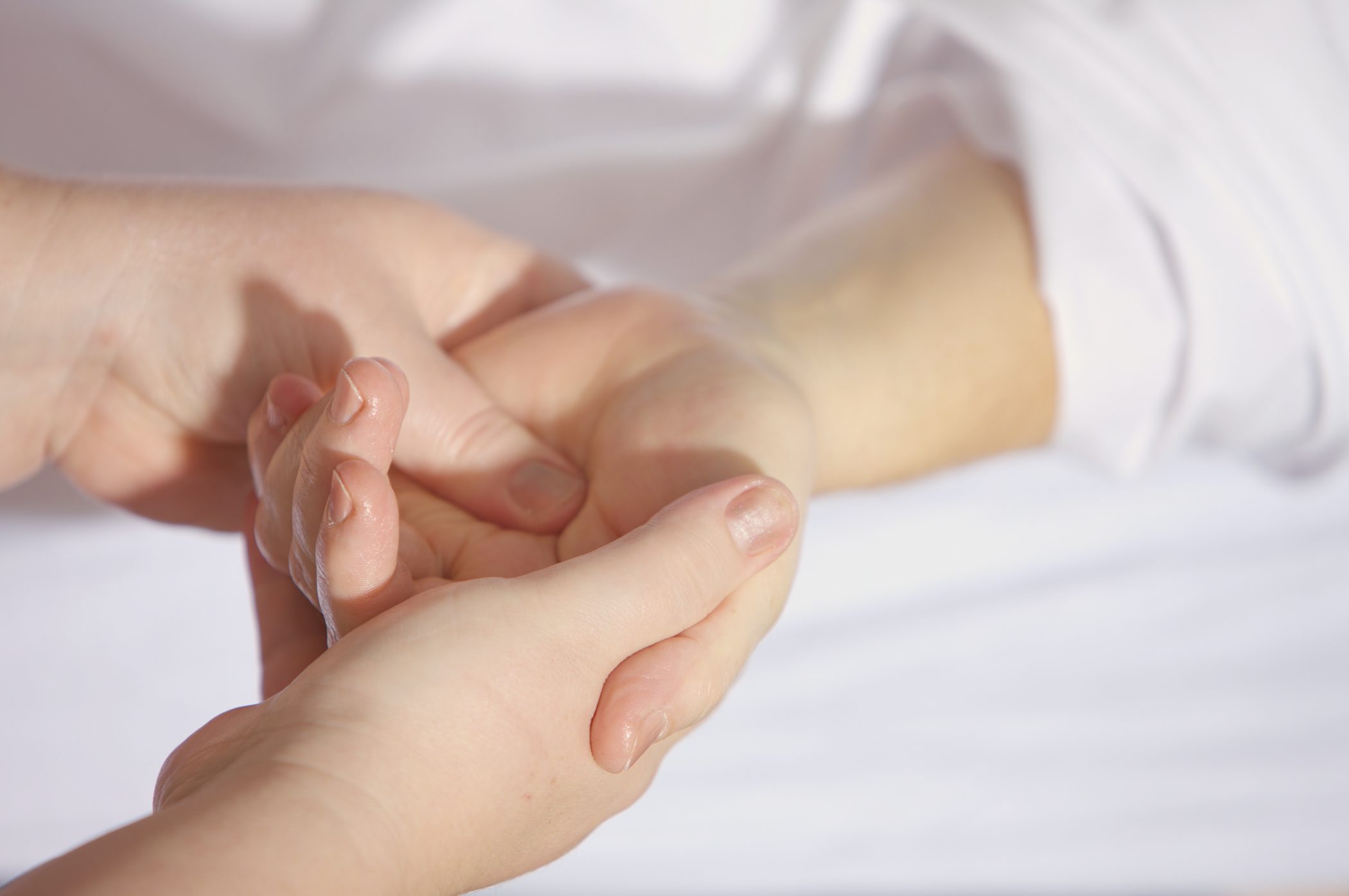
Below are the general benefits of postpartum massage:
- Alleviate pain
- Reduce stress levels
When the general idea of getting a massage is to reduce pain, stress, muscle relaxation and flushing out the toxins, mothers will benefit more from this. As such:
- Reduce Swelling. Many mothers experience swelling during delivery. Massage can promote the circulation of water within the body and promote the drainage and circulation of surplus fluids.
- Improve milk production. Breast rubbing is usually included in postnatal massages. This helps the mother relax, opening up and unclogging her ducts and boosting the flow and production of milk.
- Hormone regulation. A woman’s body experiences rapid hormonal shifts after giving birth. As a result, in addition to physical contact, particularly touching, various types of massages include the use of essential oils, which have the potential to improve an individual’s mood and promote hormonal balance.
- Lessen anxiety and depression. Unsurprisingly, giving birth has a psychological impact. After all, pregnancy creates hormonal imbalances as well as an increase in the “stress hormone” cortisol. These massages assist new mothers in calming and soothing, lowering cortisol levels and increasing mental well-being. Postpartum depression affects a lot of new parents. Stress can contribute to these anxious and depressing feelings, therefore getting a massage can help alleviate stress.
- Better sleep. Postpartum depression affects a lot of new parents. Stress can contribute to these anxious and depressing feelings, therefore getting a massage can help alleviate stress.

These are the variation of Postpartum Massage you may try:
TCM massage is an abbreviation of Traditional Chinese Medicine massage. Acupoint methods and herbs are mixed in this post-pregnancy massage to ease muscular tension and improve blood flow. The treatment includes a massage, a belly band, and food recommendations.
Jamu postnatal massage originated in Southeast Asia and is named after a herbal concoction used during the massage. This combination is good for new mothers because it comprises all-natural ingredients with medicinal properties. The massage also involves head and breast massages to help with migraines and lactation. The massage also includes a Jamu wrap, in which the mother’s stomach is wrapped in fabric from the ribs to the hips to tone the abdominal skin and realign the spine.
Swedish massages are particularly beneficial for new mothers. This style of massage employs long strokes and kneading to tone the muscles and relieve tension. The vigorous strokes of this postnatal massage promote blood circulation and muscle contraction, which aids in the elimination of toxins.
Conclusion
We’ve known for a long time that human touch can be powerful, and postpartum massage uses the benefits of touch to help women heal after giving birth.
There are many good things about getting a massage after giving birth. They can help control hormones, produce more milk, and reduce swelling. Since postpartum massage is important, you might not want to skip it. Having one massage is sufficient for the first 12 weeks after giving birth. Nevertheless, check with your doctor or healthcare professional before you start a massage therapy routine to make sure your body is healthy enough.
How often you get a massage is up to you and will depend on your budget, how occupied you are, and your preferences. There isn’t one right answer. You could also ask your partner to massage you at home. No matter how you choose to use massage to heal after giving birth, the benefits will help you get used to your new life with your baby.
We hope this article has provided some insight into the postnatal massage that you should incorporate into your postpartum confinement period. Additionally, to get the maximum benefits after the postpartum massage, we highly suggest you try out our Regular Confinement Trial Meal – available for both lunch and dinner for $36.00.
We aim to provide the best confinement catering services in Singapore and to provide support to new mothers with the key nutrients they need for an effective and speedy recovery. Speak with us today to find out more about our confinement food packages!
